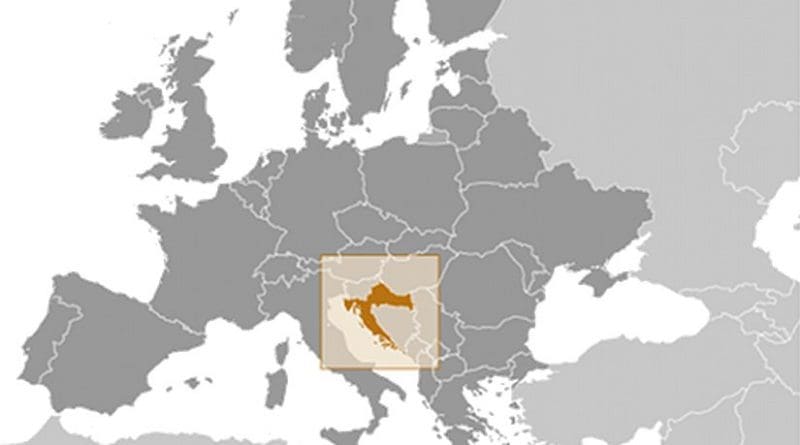Croatia: PM Plenkovic Axes Three Ministers, Fresh Elections Likely
By Sven Milekic
After Croatia’s Prime Minister Andrej Plenkovic axed three ministers from the junior government party, the Bridge of Independent Lists, MOST, Croatia appear set for political instability and even new elections, possibly in September, a leading politica. analyst told BIRN.
Zarko Puhovski told BIRN that early elections were not likely. “There is certainly a 50 per cent chance of early elections,” he said.
Plenkovic axed Interior Minister Vlaho Orepic, Justice Minister Ante Sprlje and Environment Protection and Energy Minister Slaven Dobrovic on Thursday.
They had refused to support Finance Minister Zdravko Maric when he was awaiting a non-confidence vote in parliament on Wednesday.
On Friday, Plenkovic removed the last MOST minister – State Administration Minister and Vice Prime Minister Ivan Kovacic – as well as all of MOST’s state secretaries.
Plenkovic’s party, the senior party in government, the Croatian Democratic Union, HDZ, also claimed it had collected signatures of 79 of 151 MPs in total supporting the removal of MOST’s leader, Bozo Petrov, as chair of parliament.
Plenkovic claimed that without MOST, the HDZ still has a majority in parliament. However, without the 15 MOST MPs, their majority is slimmer.
Puhovski explained that although Plenkovic and the HDZ have a good chance of doing well in early elections, “they have lesser chances than they would have had in early April, when early elections could have been scheduled along with the [May 21] local elections”.
“Now, we’re looking at some kind of ‘survival’ in the coming months, trying to form a [parliamentary] majority, followed by few weeks in June in which they [the HDZ] look at what kind of majority they can form in the longer term – if not, we’re looking at early elections in September,” he concluded.
MOST continues to connect the sacking with the troubled economic giant Agrokor – currently under state extraordinary management – pointing to the responsibility of HDZ ministers, namely Maric and Economy Minister Martina Dalic, who was Finance Minister between December 2010 and December 2011 in a former government led by Jadranka Kosor.
On Friday, Petrov confirmed that MOST’s ministers were all resigning and that the party is no longer the part of governing coalition.
“Let Plenkovic prove he has the majority. Plenkovic and Maric are protecting a crime [committed] in Agrokor,” he said, adding that MOST would vote against Maric in the parliament.
He insisted that MOST had acted to “prevent a constitutional crisis”, as he claimed that Plenkovic had shown that he “doesn’t care about the constitution, democratic values or parliamentary democracy”.
On Sunday, Petrov claimed that the HDZ tried to bribe his fellow colleague in the parliament, Hrvoje Runtic, not to vote against Maric on Wednesday.
Runtic, however, said that a close friend of his family member tried to bribe him not to vote against Maric and he reported to police.
HDZ dismissed the claim as false accusations of Petrov and Runtic urging the relevant state bodies to investigate the case.
The HDZ and MOST went through a similar situation in the previous coalition government in which the HDZ voted against Prime Minister Oreskovic, causing his government to fall in June.
In early elections in September, HDZ again won the most seats and again formed a coalition government with MOST.

